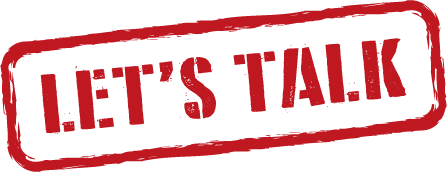We should be able to help you but require a little more information. Please click here and complete the form to send to us.
We may not be able to act for you but would be happy to discuss your financial affairs in order to point you in the right direction. Please feel free to contact us on 01224 625554 for a free, no obligation, confidential consultation.

